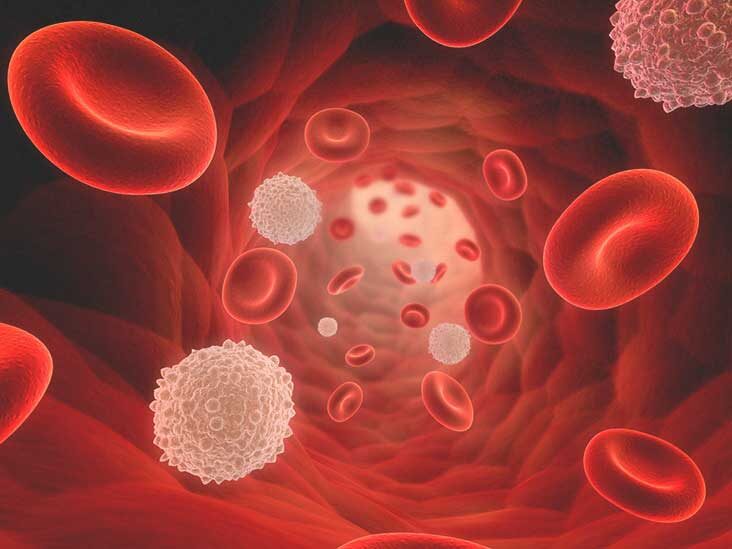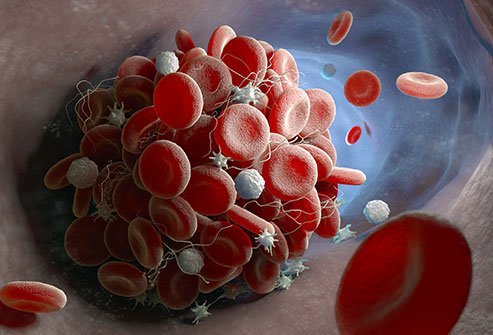
The highest concentration of white blood cells in your body is a sign that you may have an underlying health condition. This condition is often a result of infection, inflammation, or trauma. Your body’s response to infection may cause an elevated white blood cell count. It can also be a result of certain diseases or illnesses, such as lupus. If you have a high white blood cell count, consult with your doctor to determine the cause.
There are several causes for an elevated white blood cell count, including infections and physical stress. One of the most common causes is pneumonia, which can cause fever and breathing difficulties, but a high white blood cell count is not the cause of those symptoms. If you’re experiencing a high number of these cells, consult your doctor. If your symptoms worsen, a medical issue may be causing your elevated levels of white blood cells. In addition, you should monitor your temperature.
A high white blood cell count can be caused by a number of different medical conditions. A high level of mononuclear cells, for example, may indicate a respiratory infection, such as pneumonia. A high number of lymphocytes may be a sign of a cancer or an autoimmune disease, while an elevated number of neutrophils can be a sign of a chronic inflammatory condition. Other diseases that cause an elevated white blood cell count include HIV or certain types of leukemia.
Other factors can cause a high white blood cell count. Certain respiratory conditions can cause elevated WBC levels. Some diseases affect all types of white blood cells, while others can cause an elevated level of a particular type of them. If you’re suffering from an infection, your doctor may prescribe a medication that will increase your red cell production. Similarly, if you’re experiencing an elevated level of lymphocytes, your doctor may perform a bone marrow test.
A high white blood cell count has no symptoms. If your symptoms are related to an underlying medical condition, such as pneumonia, it’s important to check with your doctor to rule out any other cause. Usually, a high white blood cell count is a sign of a problem and may be related to an underlying medical condition. This is a common side effect of medications. Your doctor will do a test to see if your symptoms are related to your high white blood cell count.

A high white blood cell count is a sign of health problems. Various medical conditions can cause high white blood cell counts. A high white blood cell count may be the result of an infection or other medical condition. Sometimes it is a symptom of an underlying disease. If you have a high level of these cells, consult the site Lamido. A low white blood cell count can be a sign of an underlying health problem, such as an autoimmune disease.
The first step in diagnosing a high white blood cell count is to determine the cause. A high white blood cell count may be a sign of an infection or other health problem. A high white blood cell count is a sign that your immune system is working properly. Your doctor will need to determine the cause of the elevated levels. Some of the causes of elevated levels of these cells are anemia, illness, and certain medications.
A high white blood cell count can also be an indicator of a serious health problem. In some cases, a high white blood cell count may indicate cancer or an autoimmune disease such as HIV. However, a high white blood cell count does not necessarily mean that you are at risk of infection. This may be an indication of a larger underlying disease or bone marrow disorder. If you are concerned about the increase in white blood cells, consult your doctor.
If you have a high white blood cell count, talk to your doctor. This may be a symptom of a lung infection or another underlying problem. While it’s important to treat the condition, it’s also important to make sure your white blood cell count is normal. This may be a sign of an underlying medical condition, such as an autoimmune disease. It can also be a sign of an increased risk of other health problems.